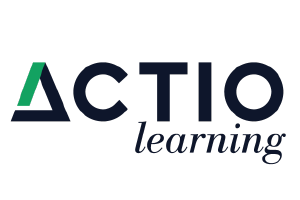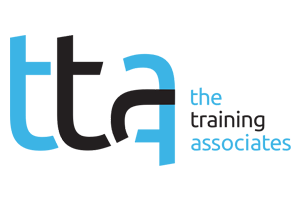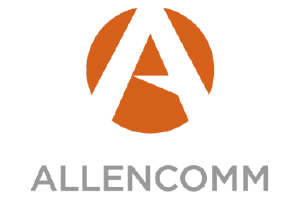This year will determine whether we have the courage to address the most challenging issues that arose from the flames of the 2020 fire. The importance of these issues hasn’t changed. What’s changed is the world — and the urgency of our response.
Let’s unpack the top three challenges, along with training and development’s new accountabilities, in reverse order:
3. People Development and Empowerment Have Hit Crisis Levels
For decades, we’ve taken the approach, “You’re responsible for your own upskilling — we provide what you need to help the company succeed.”
What has that approach delivered? A workforce woefully ill-prepared for a disruptive future. In the language of Ray Dalio, co-chief investment officer and co-chair of Bridgewater Associates, we’ve been contributing to the creation of a 40/60 divide: The middle class is being eradicated, and we’ll soon have people in the top 40% of the economy operating separately from people in the bottom 60%.
How could we be even partially responsible for that divide? Isn’t it way beyond our pay grade? No — our responsibility as talent and development leaders is built into our core belief: that enhanced education is the best path forward, for everyone. But that best path is different than what most of us have been building.
According to Rohan Roberts, innovation leader at GEMS Education, we must emphasize critical survival skills, such as leading by influence, agility and adaptability, initiative and entrepreneurship, communication, information analysis, and curiosity and imagination. How many of us have built such programs for all employees? Pitifully few.
As JPMorgan Chase chief executive officer Jamie Dimon recently declared, “Every company does something in this area, but it has got to be ten times more.”
The crisis of 2020 forced change on all of us. In fact, in the U.S., a National Public Radio poll found that more than half of the working poor lost their jobs at a rate eight times greater than higher-wage earners. We are on the leading edge of reimagining training and development. Companies need us to speak up — to take a stand for our people and the support that they need.
2. Will the Workforce Step up and Demand What It Deserves?
Workers have proven themselves to be passionate advocates for their political concerns, for justice in the streets, for climate change and so much more. Will they push back on the systems that are helping to create the 40/60 societal and economic divide? Will they demand more of us — more of the kind of training and development Ray Kurzweil calls for?
The COVID-19 pandemic has trained people to stand up for themselves more than they did in the past. They were stuck in a century-old construct that they had to be in the office to get ahead and that they had to be tied directly to the dictates of their immediate supervisor. Almost overnight, the pandemic proved that many of them could work from home — that they could manage themselves and their work and their schedules far better than their companies imagined possible.
Look for this kind of bottom-up change to continue during 2021.
1. We’ve Been Leaving People Behind for Ages. What Will We Do About It?
It’s not just the workers who need to be passionate advocates for disruptive change, and every necessary change is doable — if passionate advocates step up and take the lead. Will those advocates be training and development leaders, or will we wait for someone else to tell us what to do?
Total quality and management guru W. Edwards Deming once said, “A bad system will beat a good person every time.”
Your organization is filled with good and amazing people, and, if it was built prior to 2020, your training and development system is bad, because it is not up for the demands that 2021 will force upon us.
Do we have the courage to take on our own bad systems that hold our people back? That’s the biggest question we must answer as we enter 2021.






